Karl Ove Knausgaard was eight months old when his family moved to the island of Tromøya; he left it aged 13, because of his father’s higher-grade teaching appointment on the mainland. As they drove over the bridge linking the island with the southern Norwegian port of Arendal, ‘it struck me with a huge sense of relief that I would never be returning, that… the houses and the places that disappeared behind me were also disappearing out of my life, for good.’
Only in a literal sense did they disappear. And the six-volume autobiographical novel sequence, My Struggle, on which Knausgaard embarked after the success of his first two books, demanded his coming to terms with his formative early milieu. In this third book of the sequence, memory — to a greater degree than previously — had to be his principal guide, and the author admits at the outset that ‘memory is not a reliable quantity in life … it doesn’t prioritise the truth’; it is ‘pragmatic, sly and artful’. Yet Knausgaard employs his own literary artfulness to release a presentation of his young evolving self — in roughly chronological order, but expanding or foreshortening according to thematic demands — with an immediacy as astonishing as that of its two predecessors.
Not that we can — or should — forget these. The first book, A Death in the Family (published in English in 2012), showed how Knausgaard’s father, here an enterprising young professional and household martinet, died a lonely alcoholic in appallingly squalid conditions. The second, A Man in Love (2013), gave us the author as the affectionate, interested, responsible father of three children, but laid bare his dilemmas over work versus family life. Could these be rooted in his past? And both the books made clear the importance to Knausgaard of his older brother, Yngve, not least through the full-rounded richness of his portrait of him. Had Yngve been equally vital to his boyhood?
We recall too the author’s debates with himself about his own ordinariness. On the one hand lay his predilections and pastimes — above all football and rock, both of galvanising significance in Boyhood Island as the narrator approaches puberty. On the other the truth that ordinary people are not compelled to write novels (though they may gratefully turn to them for illumination —hence the enthusiastic reception given My Struggle in, and now well beyond, Scandinavia). Now, when we see seven-year-old Karl Ove anticipating his first day at school and then savouring the layered complexity of its moments, we not only recognise our own similar ordinary enough experiences, but also perceive the mentality of someone extraordinary: a novelist-to-come who won’t relinquish a scene until he has fully extracted from it all detail and essence.
Karl Ove’s home on Tromøya is part of a new housing estate, neighboured by other such developments, all intended for families of modest yet secure income. Norway for the greater part of the 1970s was not today’s oil-rich society. Memories of the second world war were still alive enough to make Tromøya’s occupants feel gratitude for such a place: safe, open, democratic, free from serious turmoil, averse to privacy, with health and education catered for, near a thriving town (Arendal) yet surrounded by natural woodland and sea.
Karl Ove is eager for acceptance, even popularity and admiration, and the ebb and flow of his standing with the community’s children and of his own apprehension of this constitutes one of the novel’s most original features. The emerging pattern will, we feel, pertain even in an adulthood spent by choice in dissimilar milieus.
Whatever their contentment, however, Karl Ove and Yngve’s lives are gravely overshadowed — by their father. Dad is an unpredictable, bullying fault-finder, a sadistic mocker of weaker points, relishing delivery of punishments. Karl Ove’s extracted confession — on a seeming ‘good’ day — that he’s eaten not one apple but two results in his being forced to eat fruit after fruit on a full stomach to near-vomiting point. Fear of Dad becomes a ceaseless component of existence, and morphs into a hatred he can never give vent to. Yngve suffers from the man even more, but seniority in years gives him advantages: progressive rock proves a psychological antidote, and eventually he achieves a kind of independence.
The alchemy by which Knausgaard transforms the personal and mundane into the universal and perennially significant — each episode, when examined, contains elements of both past and future — springs from his intensity of relation to his subject-matter, his rightful conviction that his own life-journey, however idiosyncratic, belongs to others also. In Don Bartlett’s lively vernacular translation, My Struggle will, I am convinced, outlive the furore, welcoming or hostile, of its first appearance between 2009 and 2011, provoked by its highlighting actual living individuals. There is such depth of feeling beneath the vibrant exterior, such sense of the goodness present in human existence. After a gentle description of his brother scoffing raisins and almonds, Knausgaard writes: ‘His skin smelled of metal… I could put my nose to his arm and breathe in the smell. I loved him, I loved Yngve.’
Got something to add? Join the discussion and comment below.
Get 10 issues for just $10
Subscribe to The Spectator Australia today for the next 10 magazine issues, plus full online access, for just $10.
Available from the Spectator Bookshop, £10.99. Tel: 08430 600033
You might disagree with half of it, but you’ll enjoy reading all of it. Try your first month for free, then just $2 a week for the remainder of your first year.

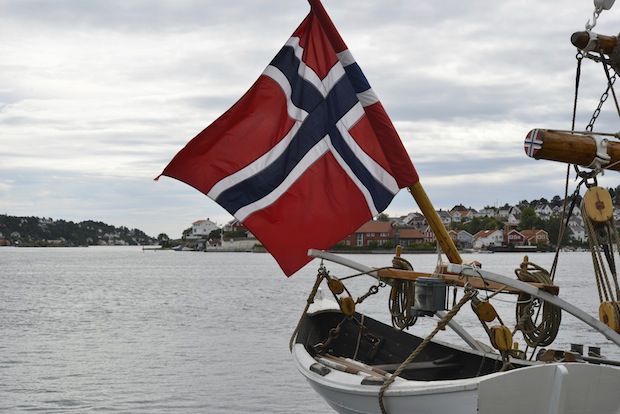
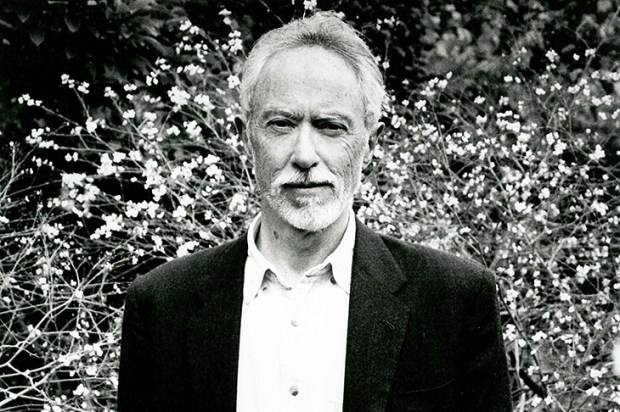
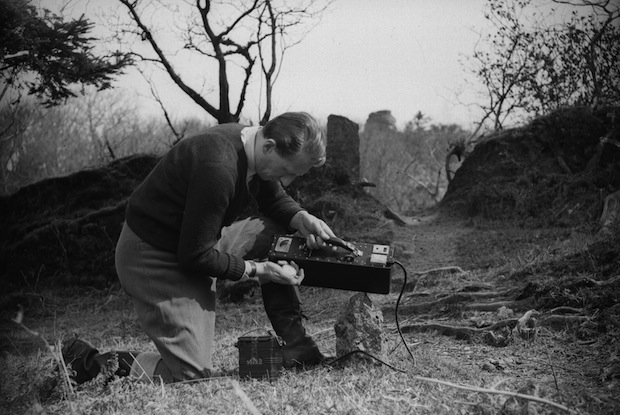
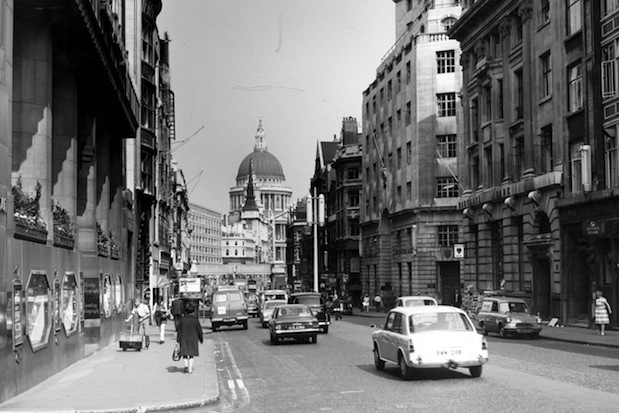
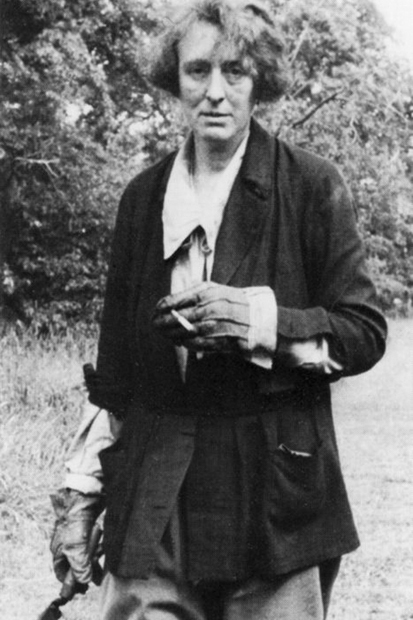
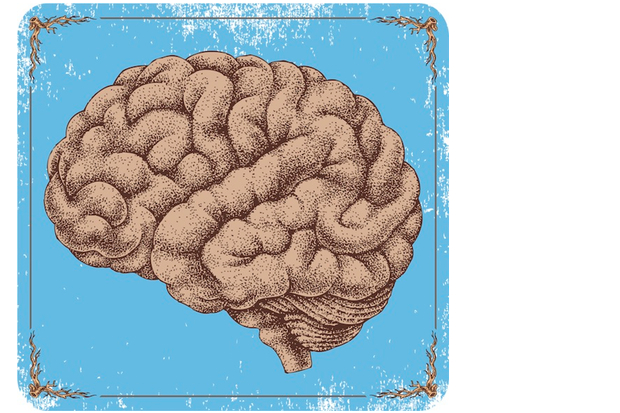
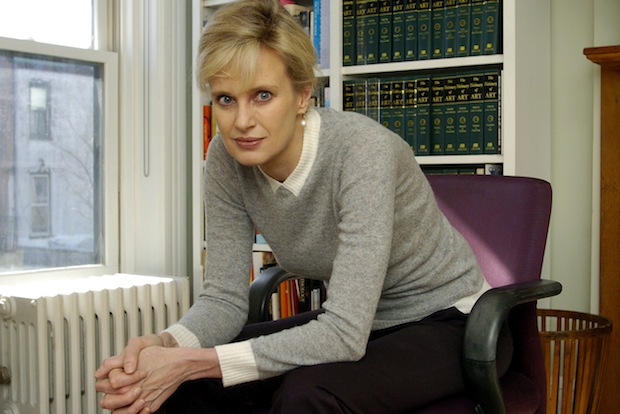






Comments
Don't miss out
Join the conversation with other Spectator Australia readers. Subscribe to leave a comment.
SUBSCRIBEAlready a subscriber? Log in